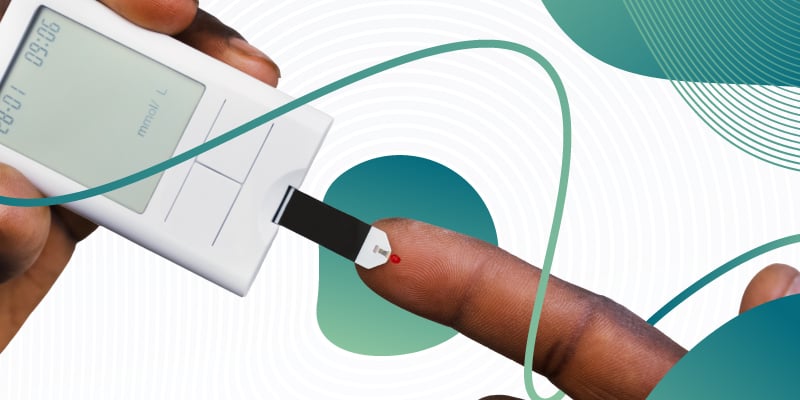The Lifecourse Epidemiology of Adiposity & Diabetes (LEAD) Center at Colorado SPH has received a $17.8 million award from the National Institutes of Health for a seven-year cycle of the Environmental influences on Child Health Outcomes (ECHO) Program. The award funds a new pregnancy study to examine the effects of environmental exposures on 810 pregnant people and their children recruited from Denver Health and UCHealth University of Colorado Hospital.
Meanwhile, an ECHO investigation of the environmental factors that affect some 850 children and adolescents who have been part of LEAD Center’s Healthy Start program will continue for another seven years, with a $11.4 million award.
An elite position in ECHO program for ColoradoSPH
ColoradoSPH is one of 45 sites nationally to participate in the ECHO study of pregnant women. However, it is one of only three that received two awards for both the new pregnancy study and an ongoing pediatric study, said Wei Perng, PhD, MPH, Associate Professor of Epidemiology and Associate Director of Research Training & Education for the LEAD Center.
Perng is one of three principal investigators (PIs) for the continuing pediatric study, along with LEAD Director and ColoradoSPH Associate Dean of Research Dana Dabelea, PhD; and LEAD Research Assistant Professor Traci Bekelman, PhD, MPH.
Dr. Dabelea is also a PI for the new pregnancy study, along with Brianna Moore, PhD, Assistant Professor of Epidemiology, and Anne Starling, PhD, Adjunct Associate Professor of Epidemiology with the LEAD Center.
ColoradoSPH contributes to published ECHO research
The ECHO consortium will follow 50,000 participants nationally and promises to add to the mountain of research produced from the first seven-year cycle in five areas delineated by NIH:
- Pre-, peri-, and post-natal health
- Upper and lower airways
- Obesity
- Neurodevelopment
- Positive health (overall well-being and absence of disease)
Work from the first cycle included several papers co-authored by LEAD researchers. For example, Drs. Dabelea and Bekelman contributed to a study of regional differences that affected body mass index (BMI) in children enrolled in the ECHO program. Dabelea was co-author of another that studied links between childhood obesity and asthma.
A key strength of the ECHO study is its size, Dr. Perng said.
“We are learning that really small differences in risk factors and outcomes have large implications for long-term health,” she said. “You need a large number of children to study these small differences.”
The breadth of ECHO is also important, Dr. Dabelea said. She emphasized that ECHO focuses on “the totality of the environment: physical, chemical, biological, social and psychosocial.” Understanding the effect of these factors on a child’s development could shed light on the roots of chronic diseases, like diabetes, obesity and asthma, she said.
“Many of these diseases have roots in early life,” Dr. Dabelea said. “That is why ECHO is focusing on what early life environments can do to promote a healthy or unhealthy development that leads to chronic disease.”
Second cycle of ECHO expands research areas
The new cycle of ECHO offers some new opportunities, said Dr. Moore, a PI of the new pregnancy cohort. She explained that in the first cycle, mothers and their kids had just one visit with researchers. “For the current cycle, there will be many more,” she said.
“We will see the mother twice in pregnancy, and then when the child is born, as well as twice in infancy and every year after that,” Dr. Moore said. “Then we will have an opportunity [for visits] in preconception, so before they have their second child, we can get some information about the mother’s and the father’s [environmental] exposures. We can look at more specific windows of [exposure].”
Dr. Moore said the ColoradoSPH group will be looking at environmental factors that include people’s access to sidewalks and grocery stores, air pollution, and cannabis, the last of which she noted was not studied in the first ECHO cycle.
The NIH’s awards for both the continuing pediatric study and the new pregnancy study reflect well on the ColoradoSPH research team, Dr. Perng concluded.
“It means we are good partners,” she said. “We collaborate with one another and find ways to make the research we do stronger.”





